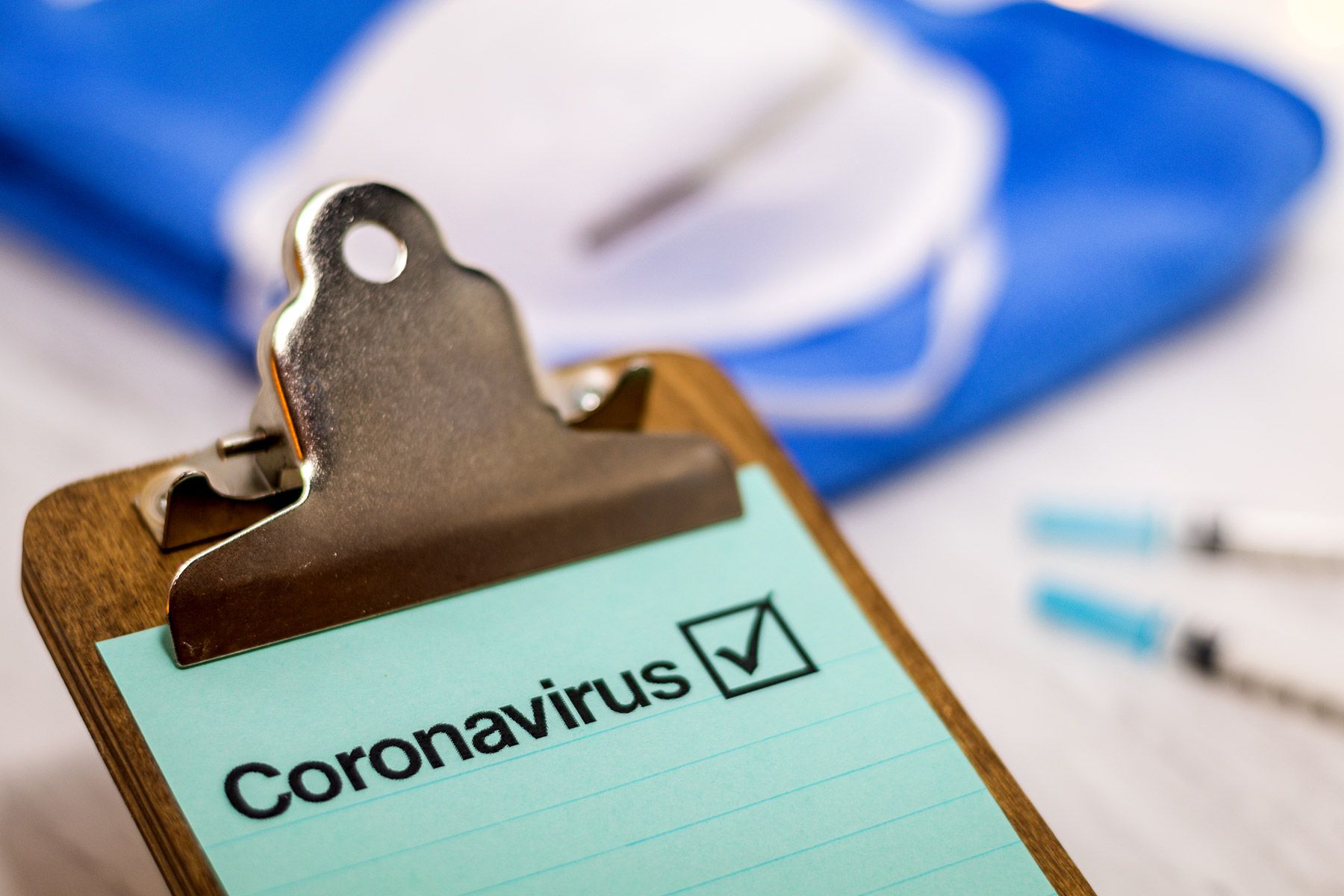How Often Should You Get Tested? Advice from NYC Health Experts
Regular STD testing is key to sexual health. NYC experts recommend annual or frequent tests based on lifestyle, with free local resources available.

Maintaining your sexual health is an essential part of your overall well-being. Regular testing for sexually transmitted diseases (STDs) is one of the most effective ways to detect and prevent complications early. Yet, many people aren’t sure how often they should get tested. In a bustling city like New York, where diverse lifestyles and relationships abound, tailored advice from health experts is crucial. Here’s everything you need to know about how often you should get tested, based on guidance from NYC health professionals.
Why STD Testing Matters
STDs can often go unnoticed, as many infections have no obvious symptoms. This silent nature makes regular testing even more critical. Untreated STDs can lead to serious health issues such as infertility, chronic pain, and even increased vulnerability to other infections like HIV.
In NYC, where the population is diverse and sexual activity patterns vary, early detection through testing not only protects individuals but also reduces the risk of spreading infections to others. According to the NYC Health Department, the city continues to see rising rates of certain STDs, emphasizing the importance of awareness and proactive testing.
General Guidelines for STD Testing Frequency
While the exact frequency of testing depends on your lifestyle, relationship status, and other factors, the Centers for Disease Control and Prevention (CDC) provides general recommendations that apply to most people:
- Annually: All sexually active adults should get tested for common STDs, including chlamydia, gonorrhea, syphilis, and HIV, at least once a year.
- Every 3-6 months: People with higher-risk lifestyles—such as those with multiple sexual partners, individuals in open relationships, or those who engage in sex work—should get tested more frequently.
- Immediately: If you experience symptoms like unusual discharge, pain, or sores, or if you believe you’ve been exposed to an STD, get tested as soon as possible.
The key takeaway? Testing isn’t a one-size-fits-all process. Your individual circumstances will determine how often you should get checked.
Factors That Affect Testing Frequency
-
Sexual Activity
- If you have multiple sexual partners or engage in casual encounters, more frequent testing (every 3-6 months) is recommended.
- Consistent use of protection, like condoms, can reduce but not eliminate the need for regular testing.
-
Relationship Status
- In monogamous relationships where both partners are tested at the start, annual testing may suffice.
- If you or your partner have additional partners, frequent testing is crucial.
-
Age and Demographics
- Younger adults (ages 15-24) are at higher risk for certain STDs like chlamydia and gonorrhea and should test annually or more often based on activity.
- NYC health clinics often provide tailored testing for specific populations, such as LGBTQ+ individuals or college students.
-
Pregnancy
- Pregnant individuals should undergo STD testing early in their pregnancy and again if there’s any risk of exposure during the term.
NYC-Specific Advice for Testing
New York City has unique resources to make STD testing accessible, confidential, and often free. NYC residents benefit from the following:
- Free or Low-Cost Testing: The NYC Health Department operates clinics offering no-cost STD testing, especially for uninsured or underinsured residents.
- 24/7 Clinics and Telemedicine: Busy schedule? Many clinics offer extended hours, walk-in appointments, or telehealth consultations.
- Community-Specific Resources: NYC is home to clinics that cater specifically to LGBTQ+ individuals, sex workers, and other high-risk populations, ensuring sensitive and inclusive care.
For those seeking quick, reliable, and confidential testing, an STD clinic in NYC can provide the right resources and professional care tailored to your needs. With numerous testing locations spread across the five boroughs, there’s no excuse not to prioritize your health.
When to Get Tested Outside Routine Check-Ups
Even if you’re sticking to a routine schedule, there are situations where you should get tested right away:
- After unprotected sex or condom failure.
- If you or your partner experience symptoms such as unusual discharge, pain, itching, or sores.
- After being informed by a partner of their positive STD test.
- Following a sexual assault (NYC clinics offer confidential and compassionate care in these situations).
Overcoming Barriers to Testing
Despite the availability of services, some individuals hesitate to get tested due to fear, stigma, or concerns about cost and confidentiality. NYC clinics address these barriers by offering:
- Confidential Testing: Your results are private and secure.
- No-Cost Options: Many NYC clinics provide free testing services, regardless of insurance status.
- Awareness Campaigns: Public health initiatives work to normalize STD testing as a routine part of health care.
Remember, taking control of your sexual health is a sign of responsibility, not shame.
Expert Advice: Making Testing Part of Your Routine
NYC health experts emphasize that incorporating STD testing into your routine health care can make the process less intimidating. For example:
- Schedule testing alongside your yearly physical exam.
- Set reminders every 3-6 months if you’re part of a higher-risk group.
- Use online booking tools to make appointments quickly and easily.
“STD testing should be seen as just another part of staying healthy,” says one NYC health professional. “The sooner you know your status, the sooner you can take steps to protect yourself and your partners.”
Conclusion
Regular STD testing is one of the simplest and most effective ways to maintain your sexual health. By understanding your risk factors and using the resources available in NYC, you can tailor your testing frequency to your individual needs.
Don’t wait—schedule an appointment with a trusted NYC clinic today and take the first step toward a healthier, safer future. Share this article with friends to help spread awareness and encourage others to prioritize their health, too.
What's Your Reaction?



















